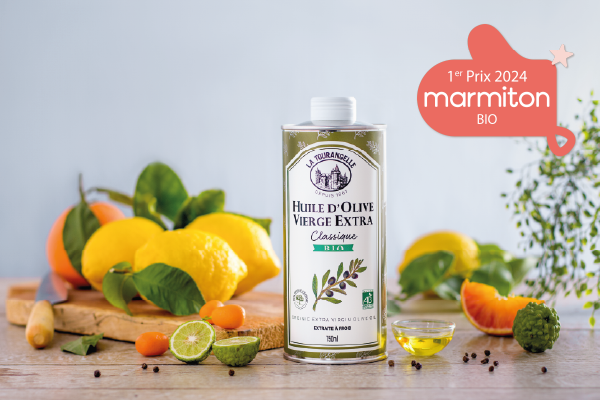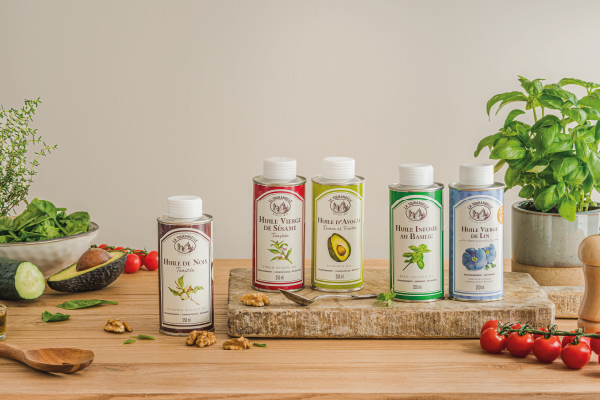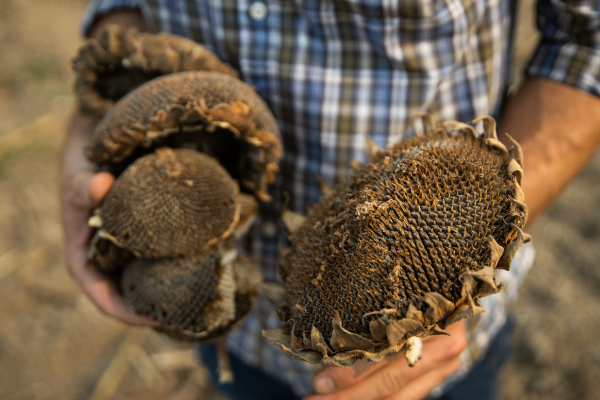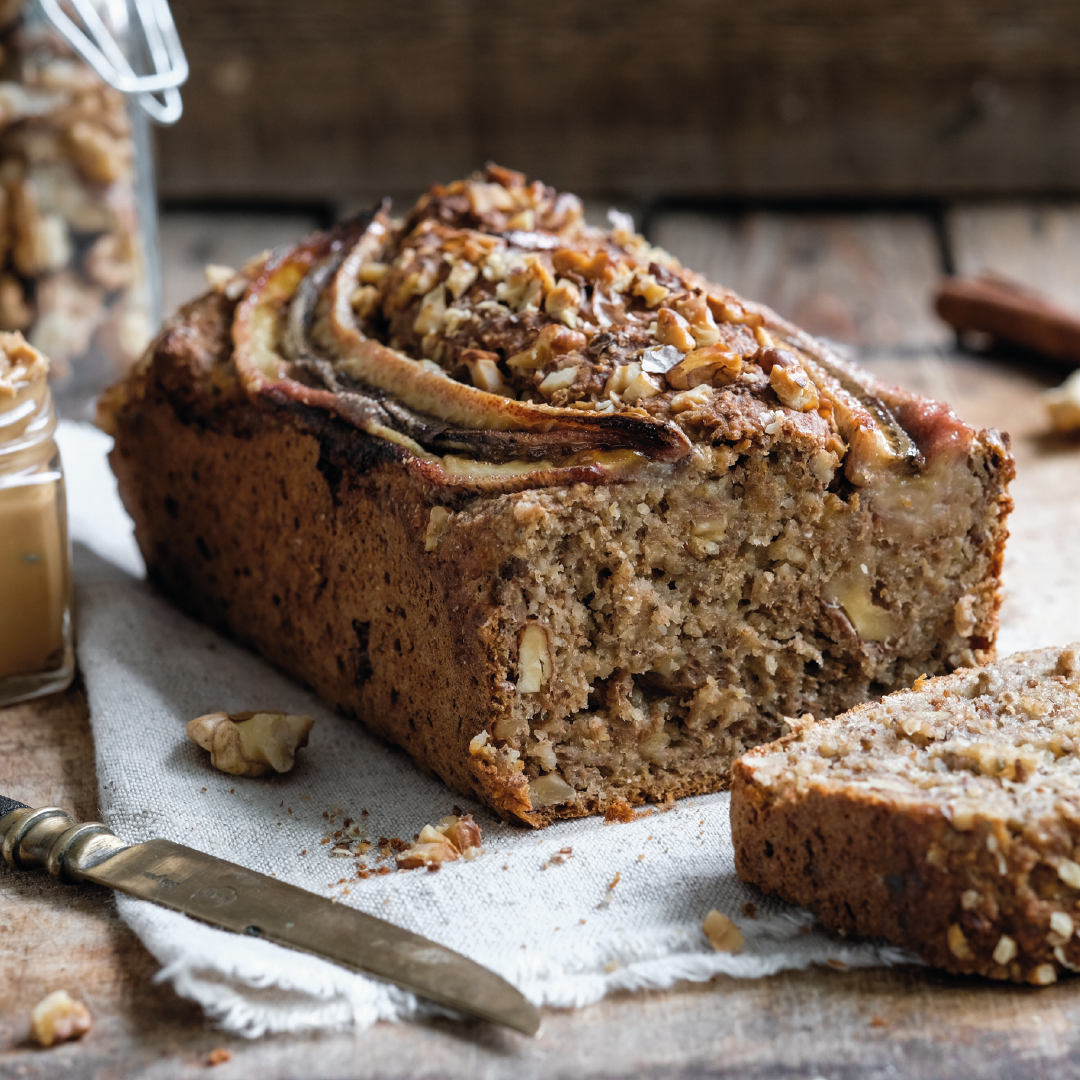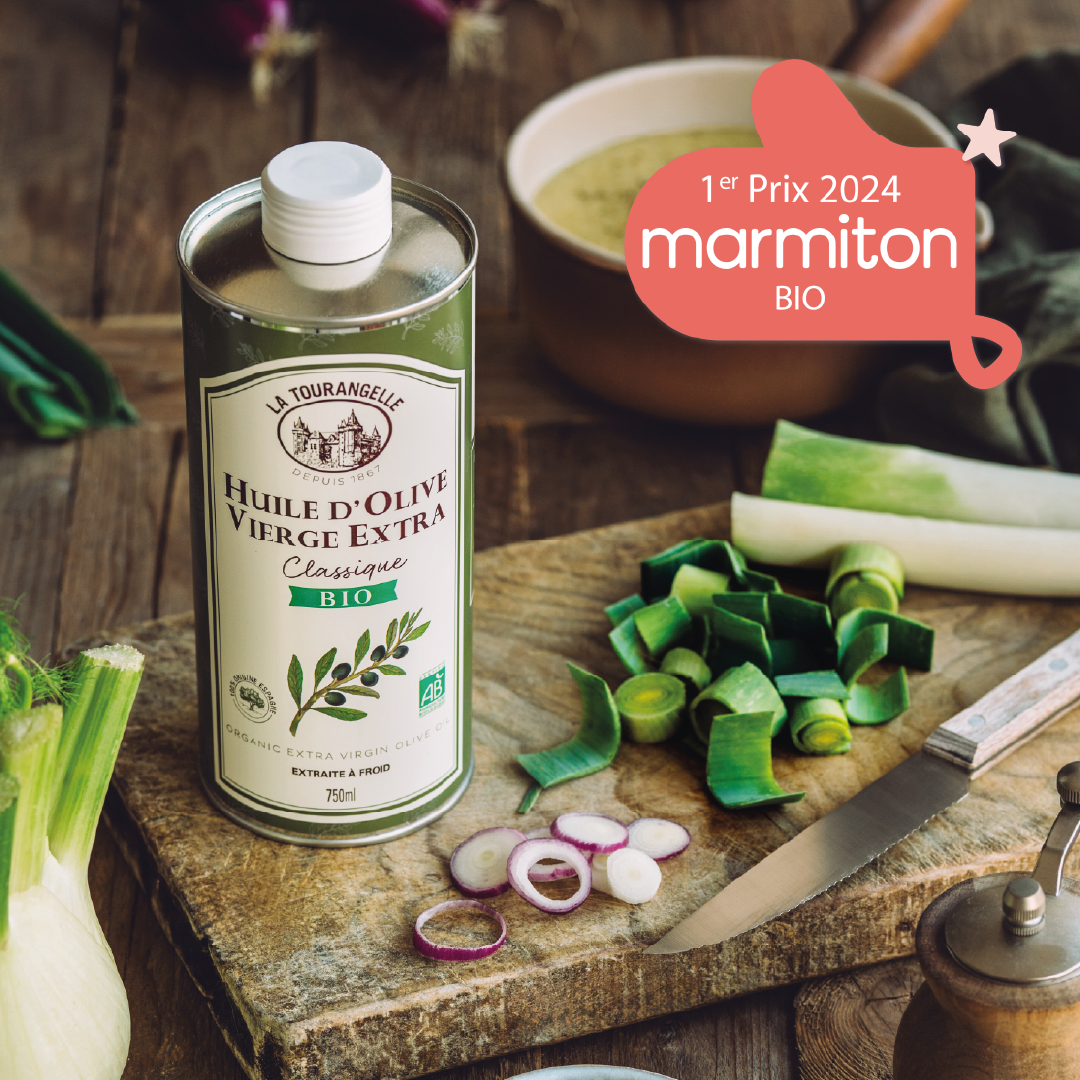My child's health:
which oils to choose for his or her diet?
Like adults, children need the right amount of fat to grow well. And this is true from their first months and the beginning of food diversification. We take stock of the vegetable oils to be preferred.
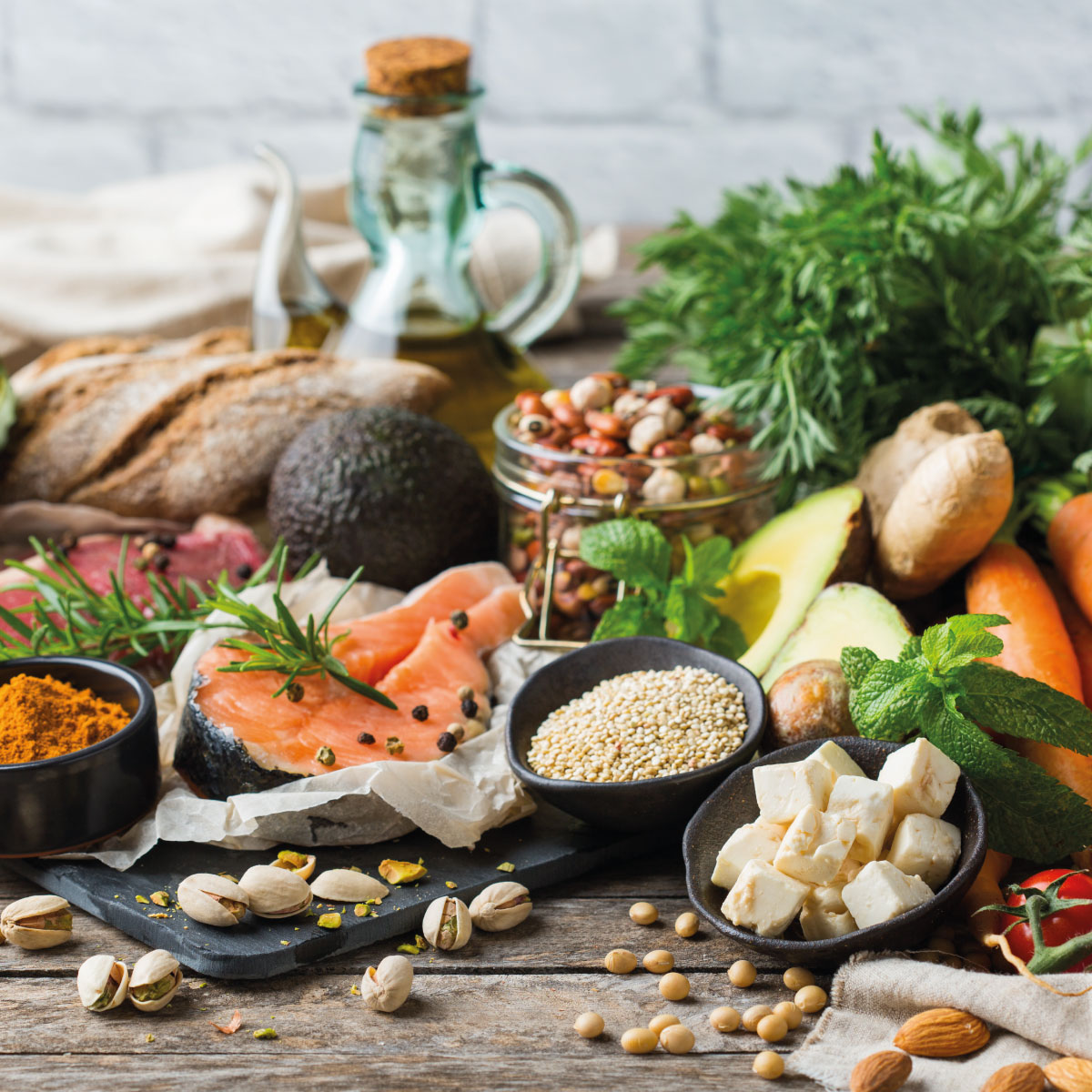
Child growth: "good fats" for good growth
Good eating habits are learnt from an early age. In order to keep toddlers healthy and accustomed to eating healthy foods, it is best to keep a light hand on processed foods and foods containing unhealthy fats, such as cold cuts, crisps or industrial snacks. These foods may be particularly popular with our toddlers, but they are still not very interesting from a nutritional point of view.
On the contrary, it is advisable to give them a taste for "good fats" as early as possible. These fats are essential to the proper functioning of their bodies, and help them grow, build their brains and provide the energy they need to explore the world. It is generally advisable to introduce fats to your baby's plate at the beginning of the diversification process.
For example, you can add a touch of butter to mashed potatoes or season vegetables with raw vegetable oils to preserve maximum nutrients. Consumed in reasonable quantities, vegetable oils have very beneficial effects on children's health.
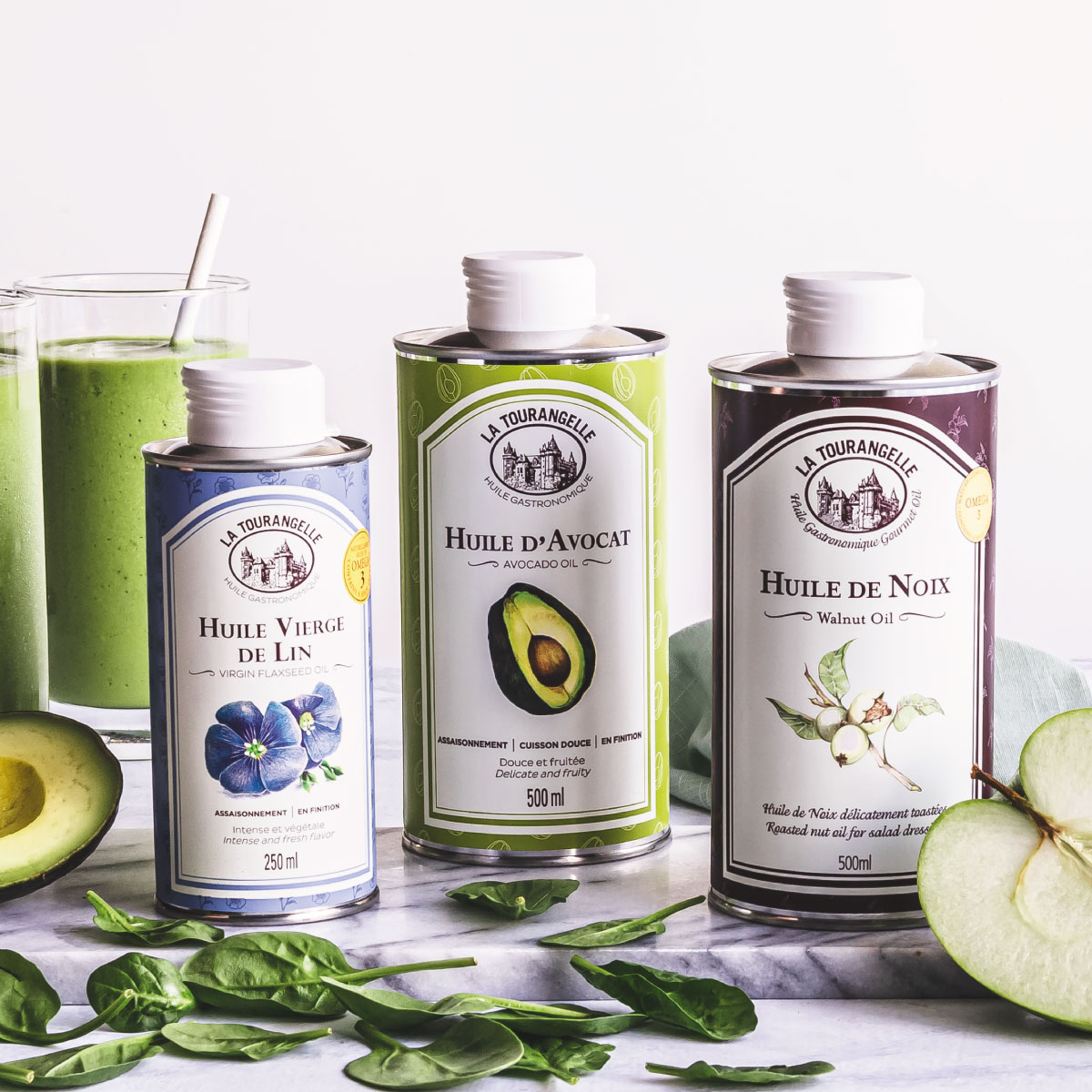
Omega-3 and Omega-6: children need them too
Some so-called "essential" fatty acids are not produced by the body and must be provided by the diet. The omega-3, omega-6 and omega-9 contained in certain foods such as oily fish like sardines or mackerel, as well as in many vegetable oils, are generally referred to as "good fats".
Note, however, that vegetable oils all have different characteristics, with varying levels of vitamins, omega-3 and omega-6. By alternating and mixing them (see the article "Olive oil, sesame oil, rapeseed oil... Why vary your oil consumption?"), you can introduce children to a diversity of tastes while providing them with the nutrients they need to grow up well.
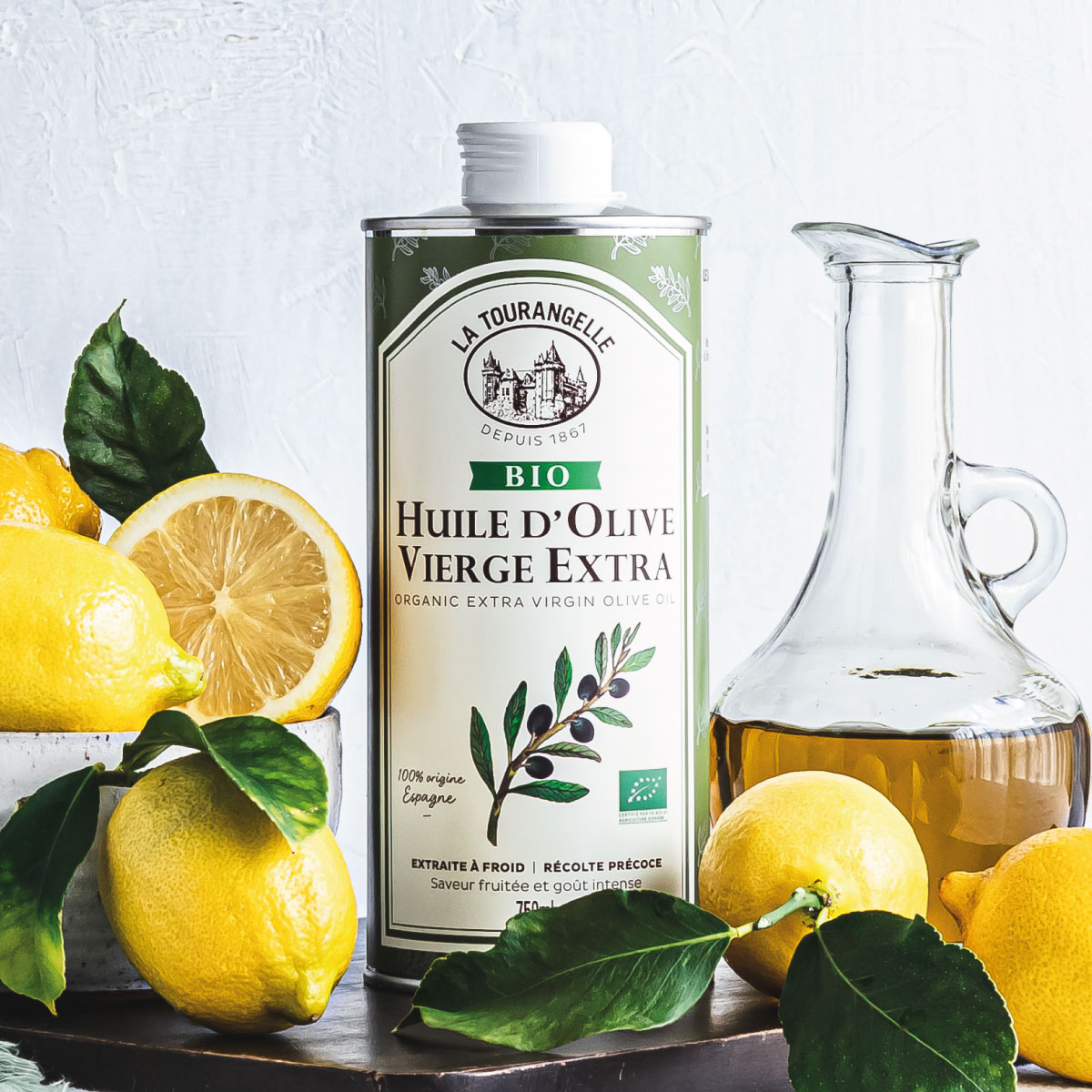
Which oils should be used in baby food?
Olive oils, Rapeseed oil, Sunflower oil... Most vegetable oils can be consumed by children. The important thing to remember is that they all have something different to offer them.
Olive oil allows you to fill up on vitamin E and omega-9 and to awaken your taste for olives. Rapeseed oil, on the other hand, has an excellent omega-6/omega-3 ratio, ideal for preparing balanced meals.
Does your child not like fish? Introduce him to virgin Flaxseed oil, which is very rich in omega-3. If his taste buds are asking for more, vary the pleasures with virgin Hemp oil or virgin Sesame oil. Alternating as many vegetable oils as possible in his diet is beneficial.
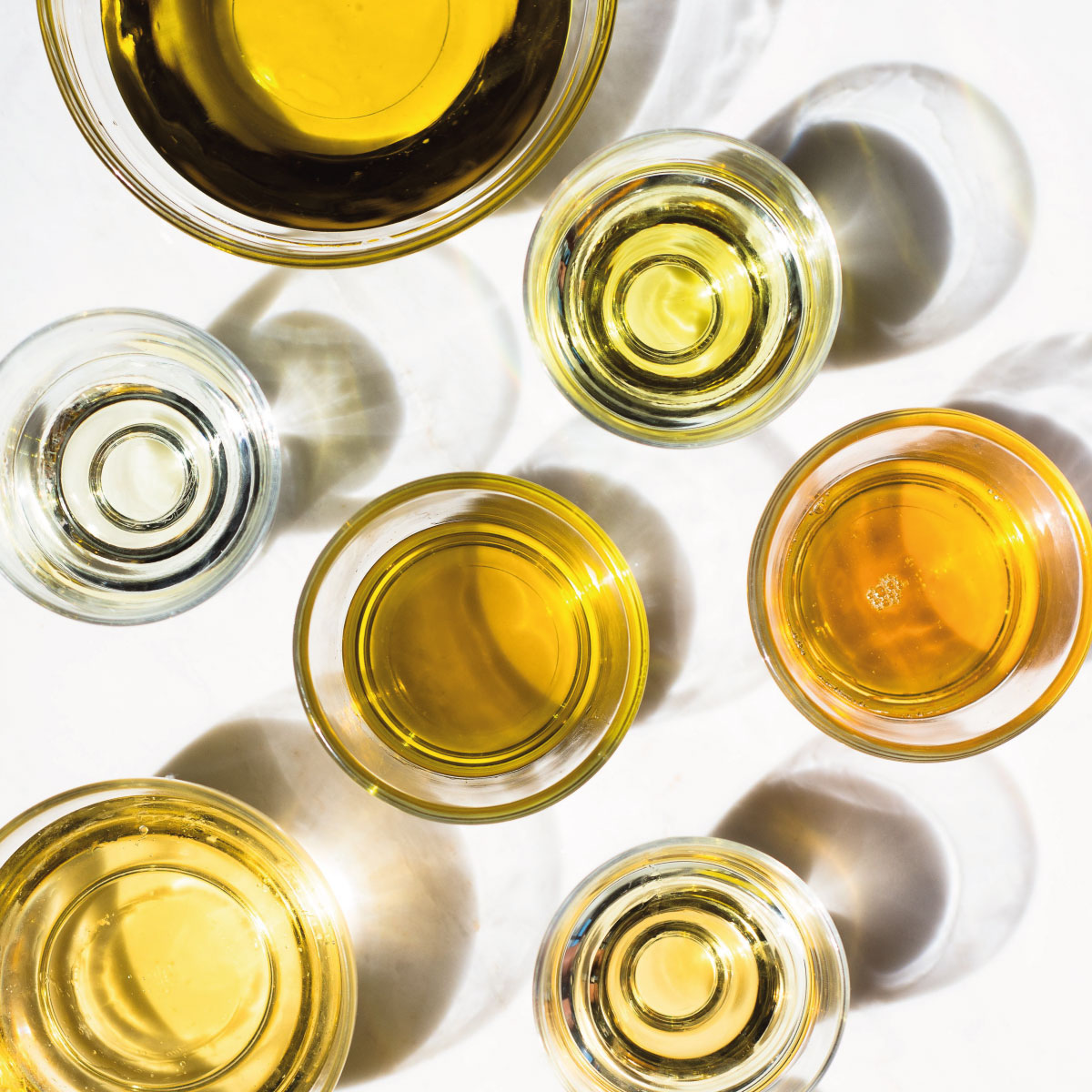
On the contrary, which oils should be used with caution?
Some oils contain too many saturated fatty acids, which belong to the "bad fat" family. This is the case with palm and copra oils, which are best avoided by children. Beware of processed industrial snacks, especially cakes and sweets, which sometimes contain too much of it...
Other vegetable oils may not be recommended for children at risk of allergy. The consumption of peanut oil, for example, is not recommended for children under the age of 3. Allergy to nuts can be common in younger children. Hazelnut and Walnut oils should therefore be consumed in moderation. Do not hesitate to talk to your paediatrician before giving your child a taste of these oils.
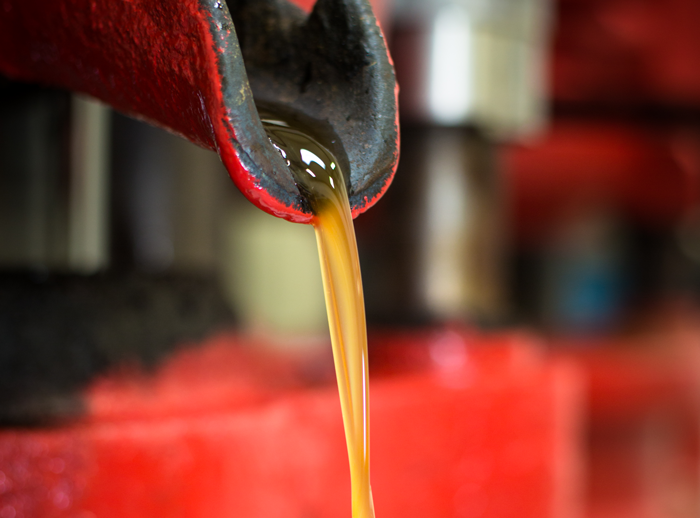
La Tourangelle offers a wide variety of quality vegetable oils, made according to traditional knowledge for over 150 years. All the products in the different ranges allow young and old alike to explore new tastes in cooking and are perfectly suited to a balanced family diet.
